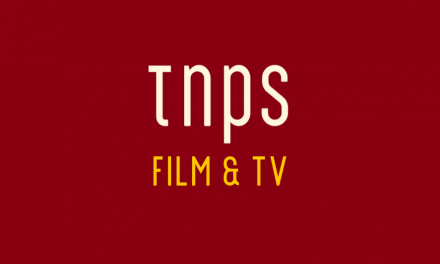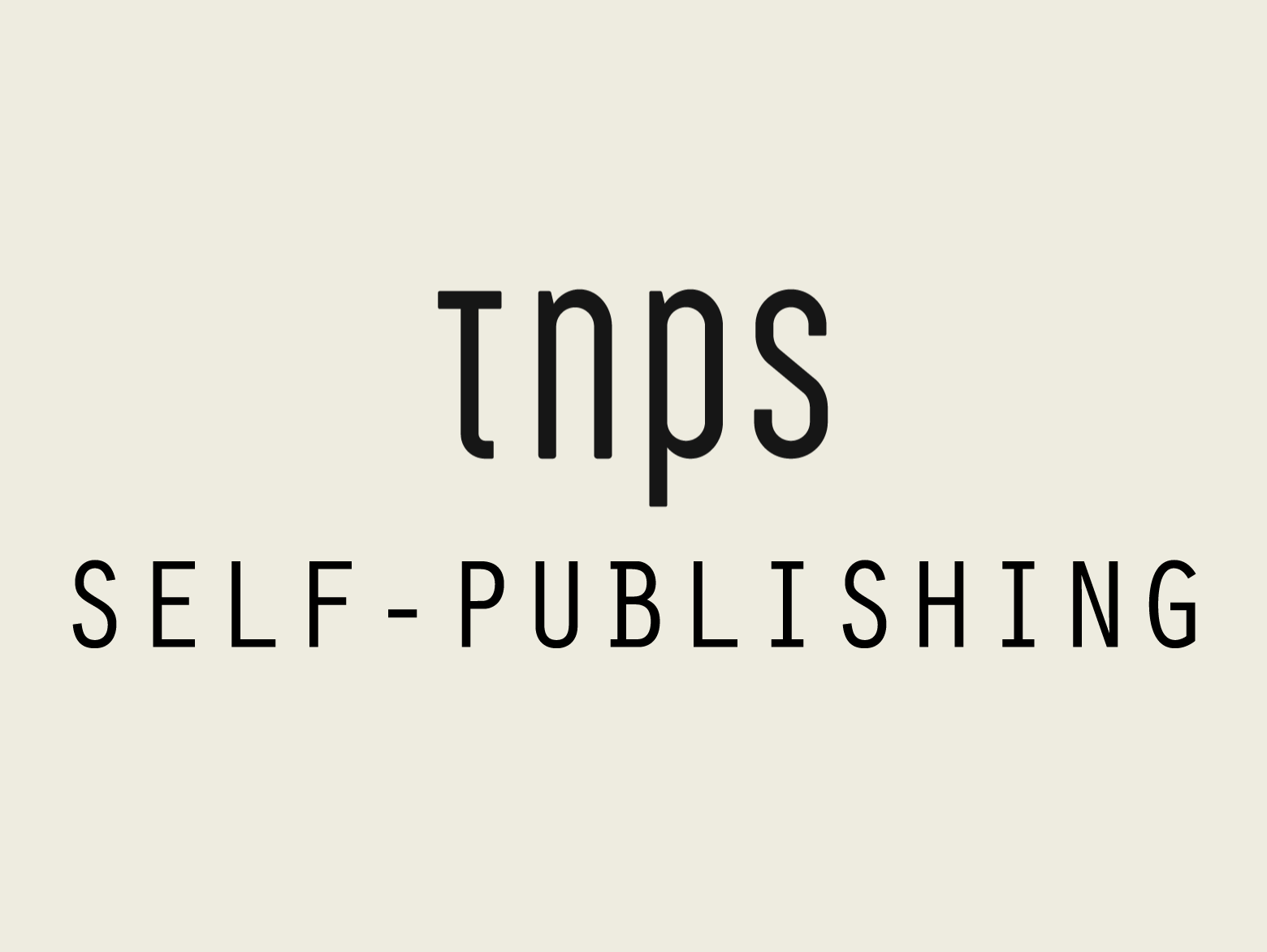So the AAP presented the court with a series of existing (AI publishing) deals – over 65 examples, collectively valued at $2.5 billion, with projections soaring to $30 billion over the next decade.
In a period when artificial intelligence is transforming the landscape of content creation and distribution, western publishing professionals find themselves at a crossroads.
The world of publishing is split into two very different reactions to AI-driven copyright and licensing deals, epitomised by the Atlantic divide – from the measured, pragmatic approach to AI of American publishers to the vociferous, incendiary anti-AI rhetoric championed in the UK.
Two Nations, One Copyright Crisis: When Innovation Meets Irrational Outcry
Across the Atlantic, publishers in the United States are embracing AI’s potential with calm rationality. For instance, the Association of American Publishers (AAP), rightly appalled by reports that Meta has used a pirate ebook site to obtain content for training, took to court with an amicus brief to support the case against Meta.
Meta falsely claimed there was no mechanism available for the company to obtain this content by means of licencing arrangements. So the AAP calmly and comprehensively presented to the court a series of existing deals – over 65 examples, collectively valued at $2.5 billion, with projections soaring to $30 billion over the next decade – illustrating that there is indeed a robust, established market for content licensing deals with AI companies.
These are not theoretical futures; they are contracts, collaborations, and negotiated agreements already taking shape.
This is not capitulation to Big Tech – it is negotiation, strategy, and monetisation.
Two Roads Diverged in a Neural Net
This divergence in response reflects a broader cultural split. In the US, professional associations are adopting a pragmatic, forward-facing stance: defend copyright, of course. That’s a given. But also engage with emerging opportunities.
In parallel with the AAPc the US Authors Guild has pursued both litigation and licencing, recognising that AI is not a passing trend but a permanent feature of the publishing landscape. In late 2024, the Authors Guild partnered with Trip Adler‘s Created by Humans, “a pioneering platform that enables authors to license their works to AI developers.”
The AAP and Authors Guild’s British counterparts immediately followed suit to ensure their members were positioned to benefit from the unfolding AI opportunity.
Yeah, then I woke up.
Much Ado About Scraping: The UK’s Combative Posture
In February, Dan Conway, CEO of the UK’s Publishers Association (PA) declared that “the great copyright heist cannot go unchallenged. Big Tech needs to pay for the creative and research content they hoover up to train AI.” A few months later, in April, Conway sported a fresh photo image but the same fiery rhetoric, baselessly lambasted the “teenage demands of a tech sector who want content for free.” Meaning either Conway is unaware of $2.5 billion of deals the Authors Guild is tracking, or thinks there might be fewer Guardian headlines to grab if inconvenient facts were brought into the equation.
The UK’s counterpart to the Authors Guild, the Society of Authors, takes a similar approach to avoiding dealing with reality at all costs, but elevates self-righteous indignation to an artform, as Philip Pullman noted when he resigned as president of the SoA in March 2022, calling for the organisation to be investigated from the outside.
A Devastating Effect
The Society of Authors simply never misses an opportunity to condemn any innovation in publishing. The Spotify audiobooks deal, for example, would have a “devastating effect” on authors, the SoA declared, without knowing anything about the deal. Not a word of apology since for getting that so wrong.


Here’s the thing: These statements play well in the media, capturing headlines and stirring anxieties. But are they serving the real, long-term interests of authors and publishers?
The Publishers Association and the Society of Authors tend to view all new developments through a lens of scepticism and alarm. Statements suggesting that “the great copyright heist cannot go unchallenged” and lamenting what Conway condescendingly refers to as “teenage demands” from Big Tech have captured headlines, overshadowing thoughtful discussion. Such soundbites, while effective in capturing immediate attention, obscure the complexities and opportunities inherent in the unfolding AI publishing landscape.
Divided by Content, United by Conflict: Navigating the AI Copyright Divide
While American colleagues explore collaborative solutions – and where even the Authors Guild is investigating ways to support both AI companies and creative professionals – UK debates routinely fixate on protectionism. The focus remains sharply on resisting what is portrayed as an existential threat to creative control, rather than considering innovative licensing models that could, in fact, diversify revenue streams and foster future growth.
This binary division is seen not only in institutional rhetoric but also within the wider publishing community.
The Hollow Men of Copyright
One of the most damaging effects of the PA and SoA’s alarmist framing is how it shapes grassroots understanding. The negative influence of the Publishers Association and the Society of Authors extends far beyond their official statements.
Toxic narratives originating from these bodies have deeply coloured the outlook of many British authors and small publishers. Many seem unaware of the substantial, global scale of AI-related content deals – even UK Publishing National Treasure Samantha Missingham is repeatedly asking what the benefits of AI might be, such is the constant churn of toxicity and hyperbolic messaging from the PA and the SoA that drowns out all rational discussion.
The AAP cites $2.5 billion in AI licencing deals. The PA and SoA talk about “heists” and how AI companies “must pay” while pretending these deals do not exist.
Many British authors and small publishers remain completely unaware of the scale or structure of AI licensing deals already happening. They are encouraged to fear AI by default, rather than to interrogate or explore its implications.
The void left by a lack of nuanced information is quickly filled with suspicion and anxiety. Misunderstanding becomes default policy. A gift to the Luddite Fringe that wants to keep publishing anchored firmly in the twentieth century.
Ill-Informed About the International Dynamics at Play
Ill-informed about the international dynamics at play, publishing stakeholders especially in the UK,, are often caught up in a cycle of hostility towards AI developments. This reaction, fuelled by inflammatory language and an instinctive defensive posture, ironically ends up doing more harm than good. In a climate of fear and miscommunication, opportunities for constructive negotiation and beneficial partnerships risk being overlooked.
For publishing professionals that rely on their support organisations to keep abreast of industry developments, the challenge is twofold: to discern fact from fervour and to seek a more balanced appraisal of what AI can offer. In this environment, it is essential to move beyond knee-jerk reactions and engage with the reality that, while disruption is inevitable, so too are innovative paths towards mutual gain.
In the US, that appears to be happening. In the UK, Ned Ludd still rules supreme.
Beyond Panic, Towards Progress
We need less theatre and more thought. We need to inform authors, not terrify them. We need trade associations and author “trade unions” that don’t just defend the past but help negotiate the future.
Divided we may be – but there is still time to learn from the path others have taken.
The Sound and the Fury: Resistance Without Strategy
Here to add that some responses to the TNPS position of cautiously embracing the AI opportunity descend into ill-considered cries of siding with the enemy. Of not caring about authors.
But here’s the thing: It’s no betrayal of authors to say that moral outrage alone is not a business model. Nor is it sustainable to assume that refusing all dialogue with AI companies constitutes a copyright strategy.
Look at the way the Society of Authors attempts to negotiate with Meta. It issues demands and ultimatums. It organises a protest outside Meta’s UK office. It sends a letter to Meta by post because a photo of the CEO standing with a letter by a beautiful red English post box sends a clear message to the world that the SoA is force to be reckoned with.
“With loud chants of ‘Meta, Meta Book Thieves’ ringing in our ears, we headed to Meta’s offices to deliver our letter,” explains new SoA CEO Anna Ganley. “It was no surprise to find the doors locked and security at the door. And while we were disappointed that Meta’s UK headquarters wouldn’t accept our letter in person, that didn’t deter us. It’s in the post, Meta!“

Yeah, a trillion dollar tech company is sent a letter by snail mail that will take anywhere from 2-5 days to arrive, if it gets there at all. Email would be quicker, but hey, what kind of photo-op is someone clicking send on an email?
A Tale of Two Responses
So while the US publishing industry is actively shaping the AI training ecosystem – with contractual protections, attribution clauses, and financial remuneration – its UK counterparts are pursuing photo ops and soundbites.
It is entirely possible to be sceptical of AI, vigilant about rights, and yet still engaged in shaping the future. The US model demonstrates this. The UK, by contrast, is sliding into self-marginalisation.
If Shaw was right that we are two nations divided by a common language, then in publishing we are two industries divided by a common copyright, where a couple of words of legalese (fair use in the US, fair dealing in the UK) separate our positions.
The real difference? One side is building a licensing economy; the other is giving hellfire and brimstone speeches about heists.
This post first appeared in the TNPS LinkedIn newsletter.





